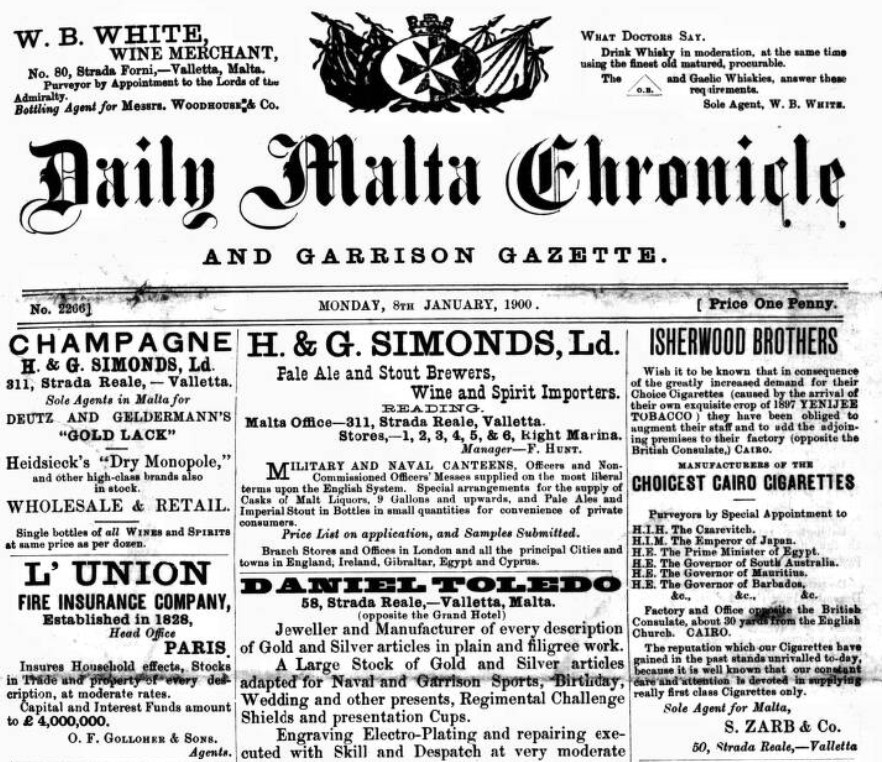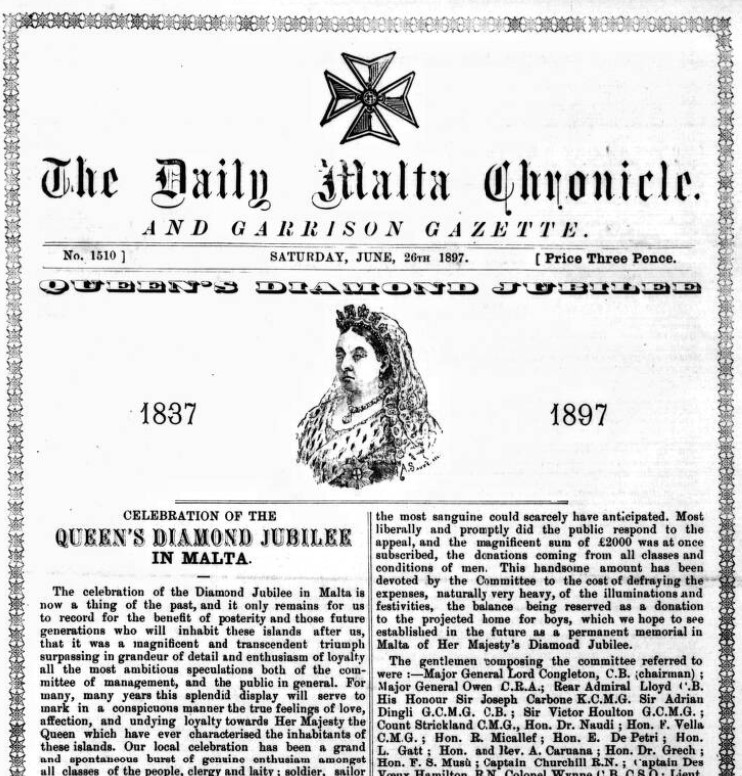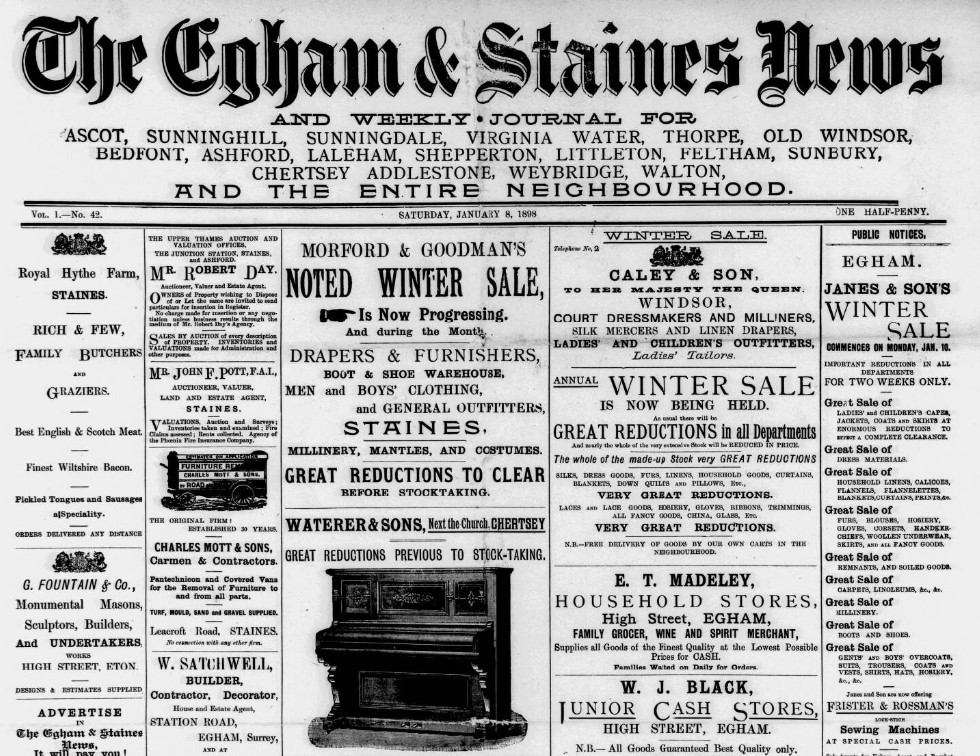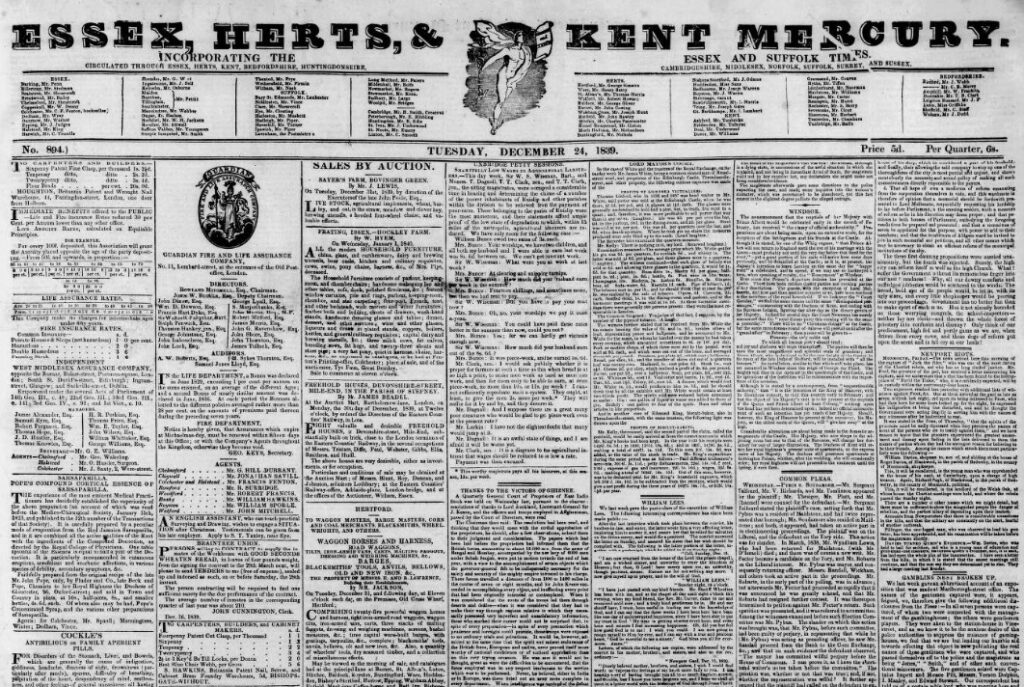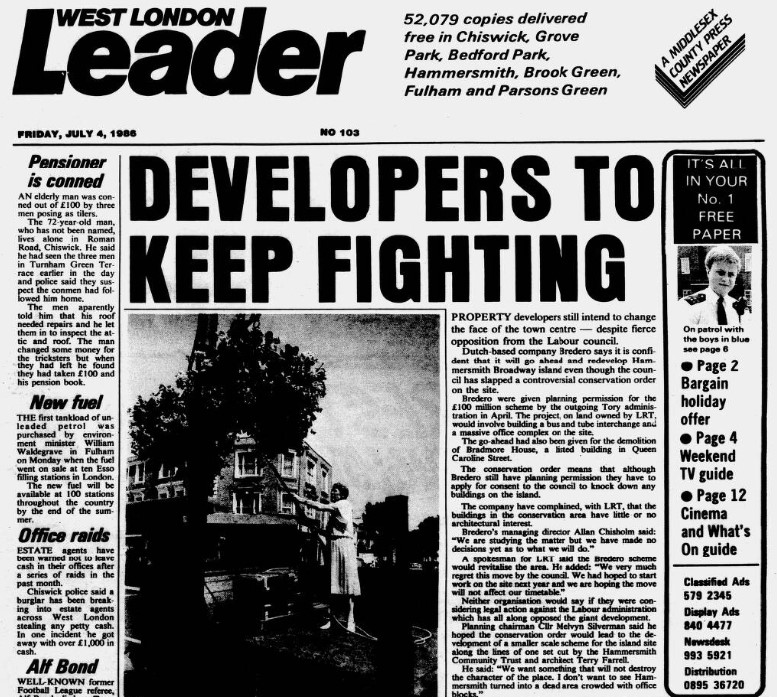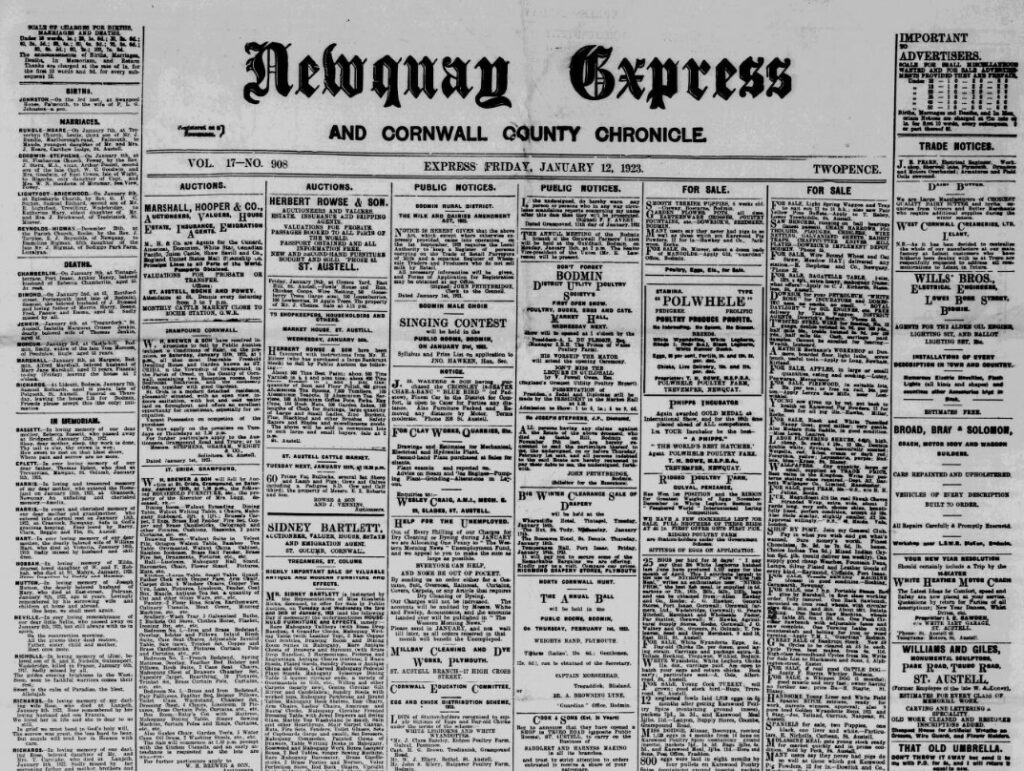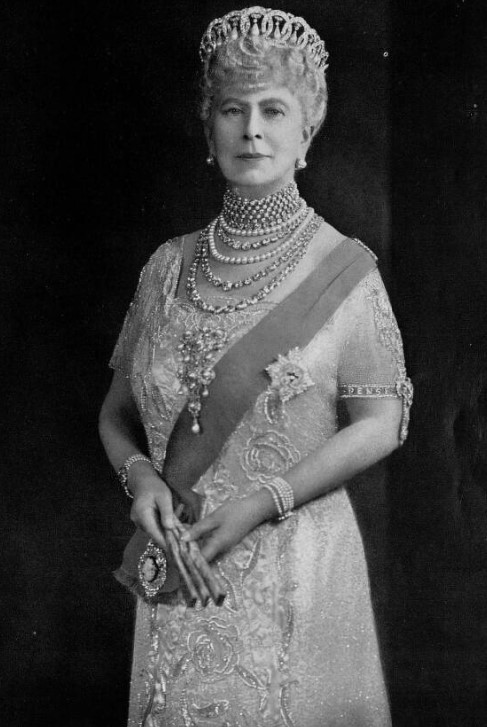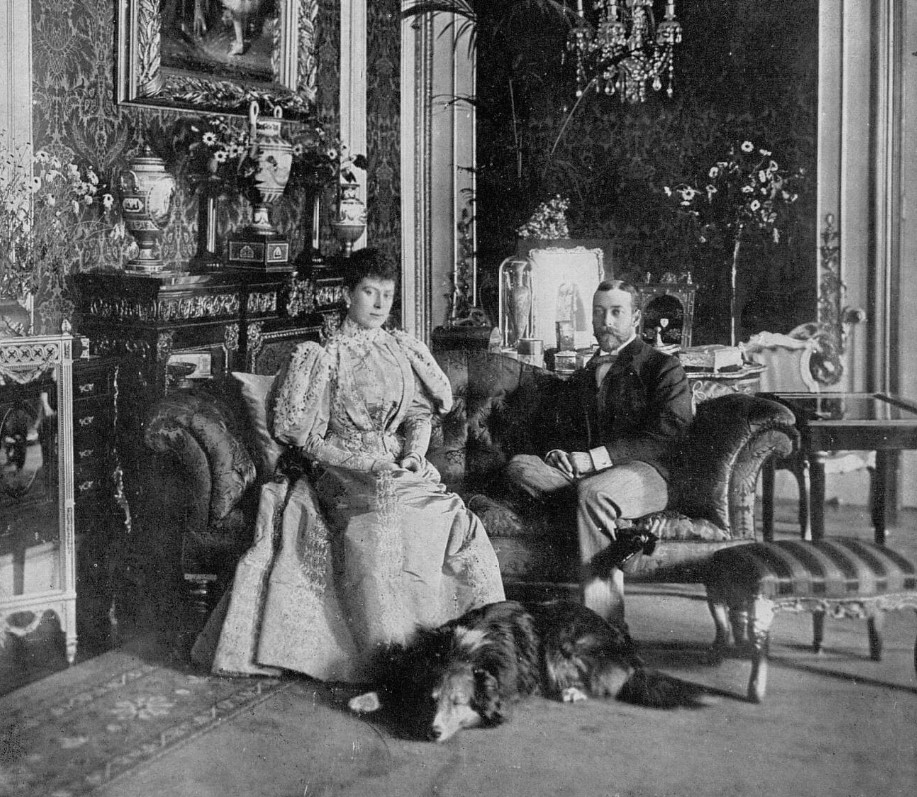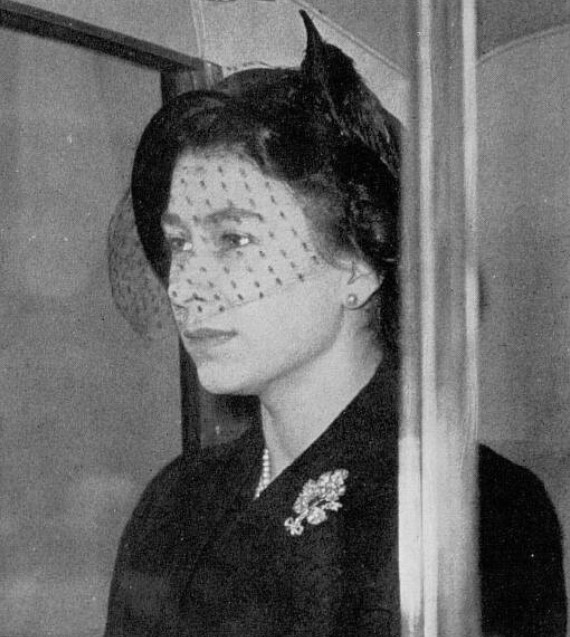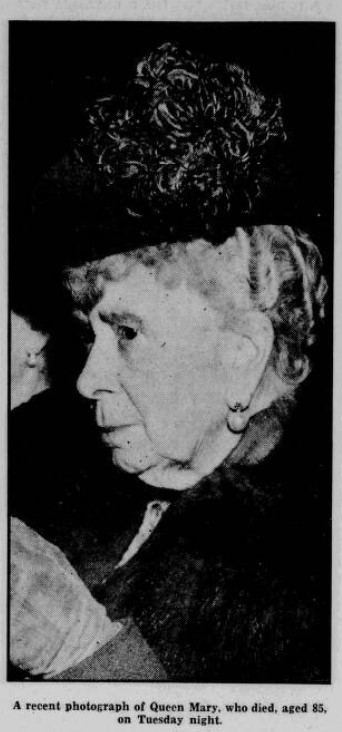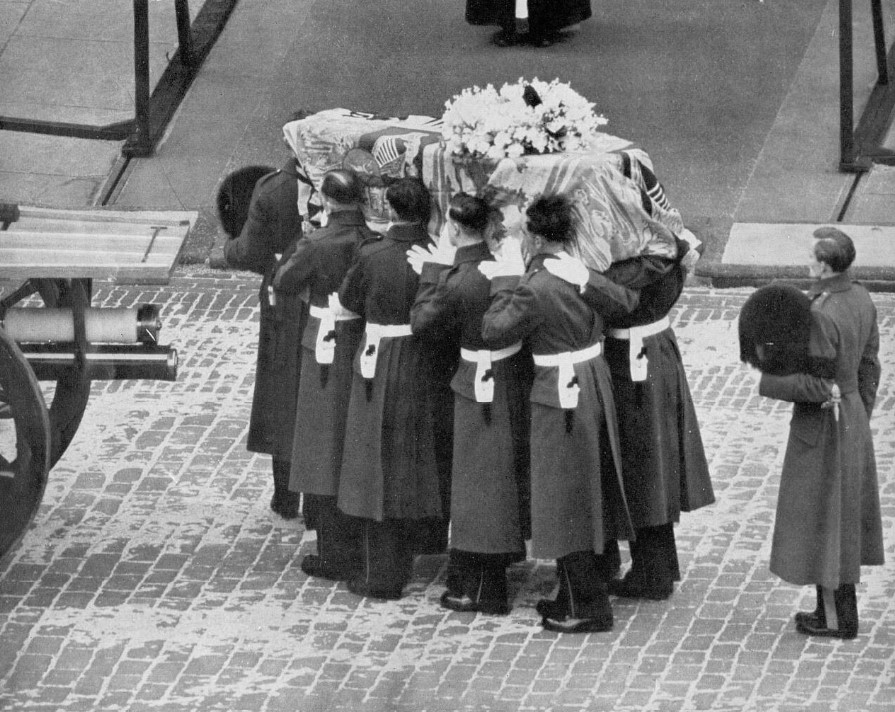This week at The Archive we are delighted to welcome 675,584 brand new pages to our collection, as we introduce 6 brand new titles, including our first ever newspaper from the country of Malta. Meanwhile, we have updated an astounding 96 of our existing titles, from Acton to Ayrshire, from Billericay to Bridgend, from Gwent to Galloway, from Plymouth to Pontypridd, we have added new pages to titles from across England, Wales and Scotland.
So read on to discover more about our new titles of the week, which also hail from London and Cornwall, as well as to find out which of our existing titles we have updated over the last seven days. Also, discover how our newspapers reacted to the death of Queen Mary, who passed away 70 years ago this March.
Register now and explore the Archive
We’re celebrating a special first at The Archive this week with the introduction of our first Maltese newspaper to our collection, which is the Daily Malta Chronicle and Garrison Gazette. First published on 14 November 1884, this English language publication began as a weekly title, and was intended to be a general paper for British servicemen stationed in Malta.
Malta had become part of the British Empire in 1814 following the Treaty of Paris. During the nineteenth century it would serve as an important military hub for Britain in the Mediterranean, and following the opening of the Suez Canal, it was a vital stop on the way to India. In the twentieth century, Malta would play a crucial part in both World Wars, in the First World War being a vital location for military hospitals, and in the Second World War acting as the headquarters of the Royal Navy’s Mediterranean Fleet. Malta gained independent from Britain on 21 September 1964.
Published in the Maltese capital of Valletta, the Daily Malta Chronicle comprised of eight pages, featuring the latest telegrams, weather reports and notices of births, marriages and deaths. It published news from the island of Malta, as well as from back in Britain, and also the latest from the Empire. Within its pages you could also find a list of events for the week.
On 26 June 1897 a particularly special edition of the Daily Malta Chronicle was published. Printed on silk, it celebrated the Diamond Jubilee of Queen Victoria, and detailed how the occasion was celebrated in Malta.
From 1901 onwards the Daily Malta Chronicle became more political, featuring pro-British contributions by the likes of Maltese British politician Gerald Strickland (1861-1940), who would later serve as Prime Minister of the island. The final edition of the Daily Malta Chronicle and Garrison Gazette appeared in June 1940.
We return to Blighty now to introduce our next new title of the week, which is the Egham & Staines News. This title was established in the market town of Staines, which was historically a part of Middlesex, in 1893, and was the sister paper of the Surrey Herald and the Woking Herald. Appearing every Saturday, the Egham & Staines News cost just one penny, and filled four pages.
Incorporating the locales of Ascot, Sunningdale, Virginia Water, Thorpe, Old Windsor, Bedfont, Ashford, Laleham, Shepperton, Littleton, Feltham, Sunbury, Chertsey, Addlestone, Weybridge, Walton ‘and the entire neighbourhood,’ the Egham & Staines News included a round up of news from the area. It published photographs of local personalities, as well as obituaries of well-known people from the area.
Meanwhile, the Egham & Staines News printed a sports section on its back page, incorporating ‘Athletic, Sporting and Other Notes,’ with a particular emphasis on local football results. The newspaper also featured a column dedicated to ‘young folks.’
In 1924 the publication changed its name ever so slightly to become the Staines & Egham News.
Our next new title of the week is the Essex & Herts Mercury, which began life as the Kent & Essex Mercury in the early nineteenth century. In 1833 it incorporated what was originally known as the Hartford Mercury, which was founded in 1772. In 1775 the latter title became the Hartford, Bedford and Huntingdon Mercury, and some fifty years later it was known by the lengthy moniker of the Herts Mercury and General Advertiser for Beds, Bucks, Cambridge, Essex, Herts, Huntingdon, Kent, and Middlesex. After the merger, the title was then known as the Essex & Herts Mercury, becoming the Essex, Herts & Kent Mercury in 1836, and then the Essex, Herts & Suffolk Mercury in 1843.
The Essex & Herts Mercury, therefore, had a wide remit, and was circulated throughout the counties of Essex, Hertfordshire, Kent, Bedfordshire, Huntingdonshire, Cambridgeshire, Middlesex, Norfolk, Suffolk, Surrey and Sussex. Featuring the news from across these counties, the title was published in London, and filled eight pages, at the cost of five pence. The title also published notices of births, marriages and deaths, poetry, national and international news, notes on literature and correspondence.
In 1844 the Hertford Mercury broke away once more to form its own separate title, and is published to this day as the Hertfordshire Mercury.
From Hertfordshire to Hammersmith now and our next new title of the week, which is the Hammersmith & Chiswick Leader. Beginning life as the West London Leader, this weekly freesheet was produced by the Middlesex County Press, and was delivered to over 50,000 homes in Chiswick, Grove Park, Bedford Park, Hammersmith, Brook Green, Fulham and Parsons Green.
Originally a part of Westminster Press, from 1 January 1986 the group responsible for the publishing of the Hammersmith & Chiswick Leader, King and Hutchings, became known as the Middlesex County Press. The Middlesex County Press were also responsible for other west London freesheets, such as the Harrow Leader, the Hillingdon Leader, the Ealing Leader, the Hounslow Leader, the Brent Leader and the Slough and Windsor Leader, as well as paid-for titles the Uxbridge Gazette, the Buckinghamshire Advertiser, the Ealing Gazette and the Harrow Observer.
Our penultimate new title of the week hails from south London, and it is the New Addington Advertiser. A local edition of the Croydon Advertiser, which was founded in 1869, this title covered the new town of New Addington, which lies five miles south east of Croydon. Previously farmland and woodland, the ‘garden village’ of New Addington was proposed in the 1930s to combat overcrowding in Croydon and in London. Work begun prior to the outbreak of the Second World War, with just over 1,000 homes being built, but work was suspended during wartime, the project being picked back up again once the war was over, with the construction of many prefabricated houses in the area.
The New Addington Advertiser appeared every Friday, filling over fifty pages with local news and adverts. Dubbing itself a ‘great newspaper for a great town,’ the publication cost 30p and also featured notices of birth, marriages and deaths, a T.V. guide, property listings and a motoring section.
Our final new title of the week is the Newquay Express and Cornwall County Chronicle, which was established in the seaside resort and fishing port of Newquay in 1903. Newquay lies on the north coast of Cornwall. Appearing every Thursday, this politically Liberal publication cost two pence, and almost all of its eight pages were focussed on news from local towns and villages.
For example, within the pages of the Newquay Express you could find the latest from the St. Columb Guardians, the St. Kew’s Women’s Institute, the Bodmin Town Council, the St. Austell Petty Sessions, with detailed roundups from the likes of Fowey, Padstow, Camelford, Lostwithiel, and St. Maybyn. The newspaper also featured sporting news, reporting on local football and hockey results, whilst also publishing notices of births, marriages and deaths.
In 1945 the title became known as the Newquay Guardian and Cornwall County Chronicle, and then in 1955 it was incorporated as a local version of the Cornish Guardian.
That’s it from our new titles of the week, but we also have a myriad of updated titles this week for you to enjoy. Highlights include the over 67,000 pages we have added to the Lincolnshire Free Press, whilst the Buckinghamshire Advertiser, Bristol Times and Mirror, and the Walsall Observer all see significant updates this week. We have also added new pages to sporting special the Sports Argus.
Meanwhile, we have added new pages to seven of our Scottish titles, with the likes of the Clyde Weekly News, the Wishaw World and the Galloway News and Kirkcudbrightshire Advertiser being updated. Our Welsh titles go one better this week, with eight newspapers from Wales seeing updates, with new pages joining Wales on Sunday, the South Wales Daily Post and the Vale Advertiser, and more besides.
The Death of Queen Mary – March 1953
On 26 March 1953, seventy years ago, our new newspaper title the Newquay Express and Cornwall County Chronicle reported how ‘following an illness of about a month, Queen Mary died at Marlborough House at 10.20pm on Tuesday,’ 24 March. Queen Mary was the widow of King George V, and a bulletin signed by her physician Sir Horace Evans and surgeon Lord Webb-Johnson, announced how the former Queen Consort had passed away ‘while sleeping peacefully.’
The Newquay Express described for its readers Queen Mary’s early life:
Queen Mary, who was aged 85, was Princess May – the only daughter of the Duke and Duchess of Teck – when she became engaged first to the Duke of Clarence, eldest son of the then Prince and Princess of Wales (later King Edward VII and Queen Alexandra). The Duke of Clarence died in 1892 and in the following year Princess May married his younger brother, Prince George, later to succeed to the throne as King George V in 1910.
The article describes her as a ‘tower of strength to her husband throughout his reign of more than 25 years,’ whilst she had also witnessed the ‘complete reign’ of her second-born son King George VI, who had passed away a year previously, as well as the first year of the reign of her granddaughter Queen Elizabeth II.
Queen Elizabeth II was due to be crowned in only a few months, the Newquay Express remarking how:
There is general sorrow in the country that Queen Mary has not lived to see her grand-daughter crowned in Westminster Abbey just over two months hence. The Coronation celebrations must, in the circumstances, be tinged with sadness, especially for an older generation who remember with affection the past which Queen Mary somehow embodied in her dignified figure.
The news of Queen Mary’s death, as reports the Newquay Express, was first announced by Prime Minister Winston Churchill in the House of Commons. The newspaper also printed a ‘recent photograph of Queen Mary,’ one of the last that would be taken of the royal figure.
The Newquay Express article goes on to detail Queen Mary’s visits to Cornwall. As Duchess of Cornwall, Queen Mary had visited the county with her husband in 1903, to attend ‘the Benediction of the nave of Truro Cathedral.’ She returned to Cornwall in 1909, again with her husband, to visit the St. Austell china clay area.
The newspaper describes how:
They were conducted over the clayworks at north Goonbarrow, and in the offices of English Clays Lovering Pochin and Co., at St. Austell, there is a large photograph showing the late Mr. Hart Nicholls – father of the present Mr. Hart Nicholls, a director of the E.C.L.P. – explain the refining process to the Royal visitors.
Meanwhile, the Lord-Lieutenant of Cornwall, Sir Edward Bolitho, sent the below ‘message of sympathy’ to Queen Elizabeth II at Buckingham Palace:
‘Please submit my humble duty to Her Majesty the Queen and convey to Her Majesty, and all the members of the Royal Family, the heartfelt sympathy of One and All in Cornwall on the passing of Her Majesty Queen Mary: a lady much beloved, greatly admired and respected.’
The funeral of Queen Mary was held on 31 March 1953 and she was buried beside her husband at St. George’s Chapel, Windsor. Her passing represented something of an end of an era. She herself had intimately witnessed the reign of five monarchs, and was one of the last figureheads of Victoriana, from an age when monarchies and not republics ruled over Europe. Find out more about Queen Mary, and royal history, in the pages of our newspapers today.
New Titles
| Title | Years Added |
| Daily Malta Chronicle and Garrison Gazette | 1896-1904, 1909-1918 |
| Egham & Staines News | 1898, 1901, 1904, 1906 |
| Essex & Herts Mercury | 1839 |
| Hammersmith & Chiswick Leader | 1986 |
| New Addington Advertiser | 1998-1999 |
| Newquay Express and Cornwall County Chronicle | 1923-1954 |
Updated Titles
This week we have updated 93 of our existing titles.
You can learn more about each of the titles we add to every week by clicking on their names. On each paper’s title page, you can read a FREE sample issue, learn more about our current holdings, and our plans for digitisation.
You can keep up to date with all the latest additions by visiting the recently added page. You can even look ahead to see what we’re going to add tomorrow.


